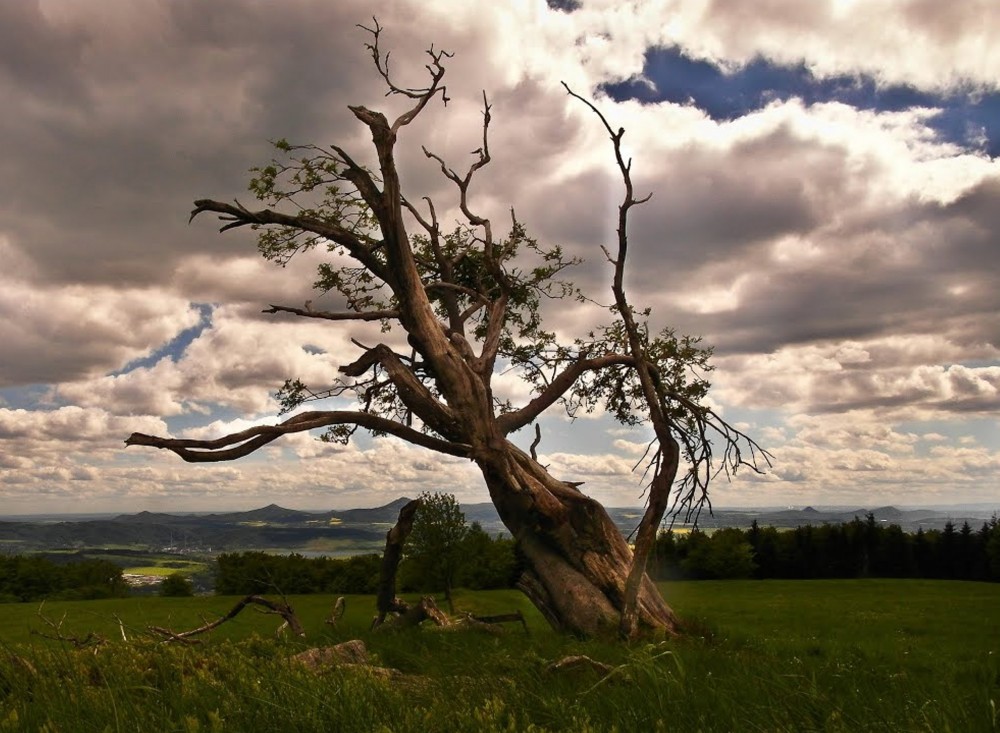
This article engages with the phenomenon of the extinct village of Nakléřov in the Krušné hory (Ore Mountains) in the district of Ústí nad Labem, located a few kilometers from the Czech-German border. Its main focus is the role played by the proximity of traditional land— and later state borders—in the historical development of this mountain village. In the fi rst place, the history of the village, which was founded in the 13th century and disappeared in the middle of the 20th century, is summarised. In the second place, the article outlines the development of the local population and presents the main causes of its transformations in the 19th and 20th centuries. Furthermore, the issue of Nakléřov in relation to the nearby border is given in the context of changes in its appearance. In the third part, the author points out the local points of memory associated with the former village, which continue to illustrate its fate in interesting ways. The final part of the article contains a brief reflection on the current value of the locality in conjunction with the extraordinarily strong genius loci.
Source: Patek J. (2020). Naklerov - a Partially Extinct Borderland Village as a Cultural-Historical Phenomenon. Res Gestae. Historical Journal. 11: 7-21
Source web-site: https://resgestae.up.krakow.pl/article/view/7539/6874
Number of views: 1938